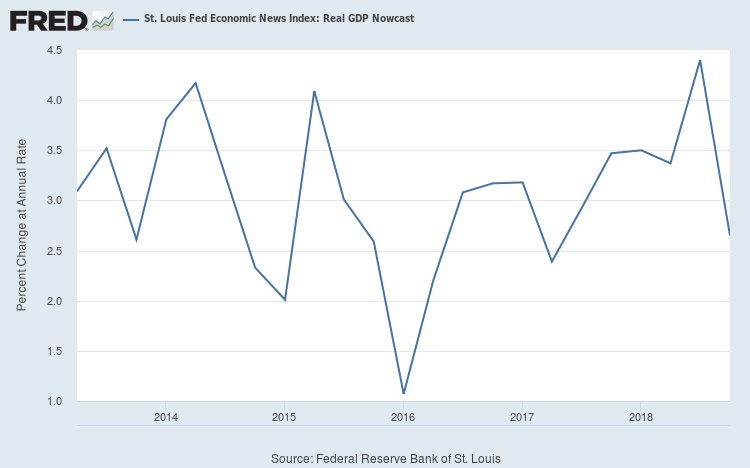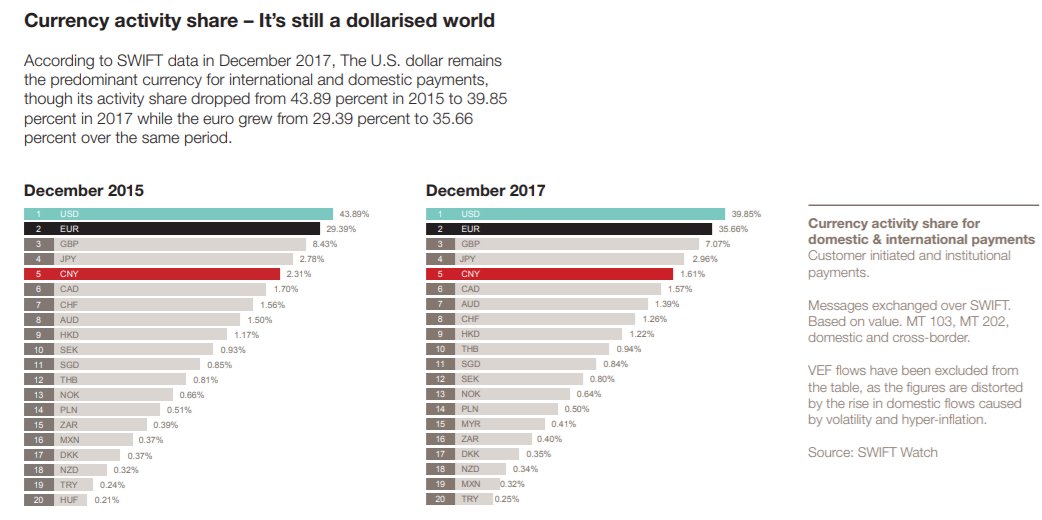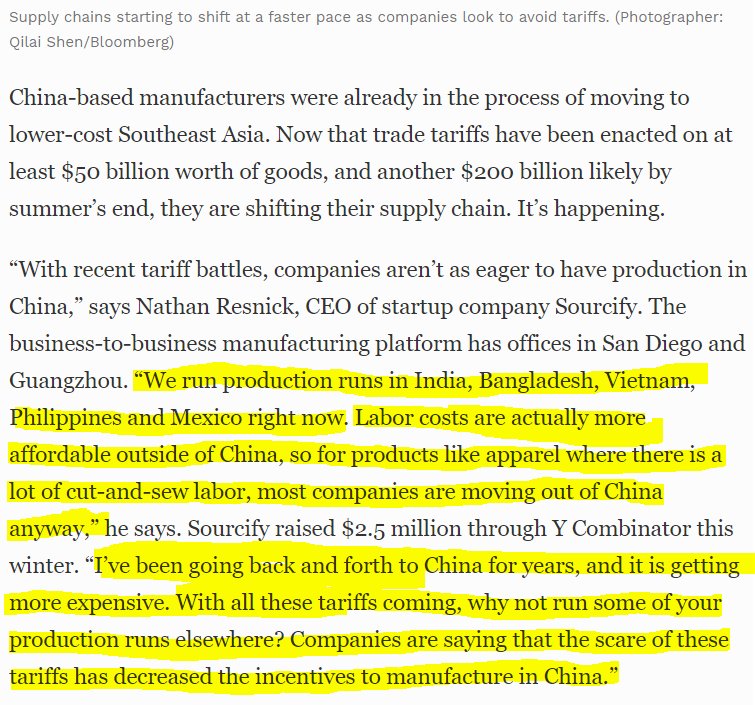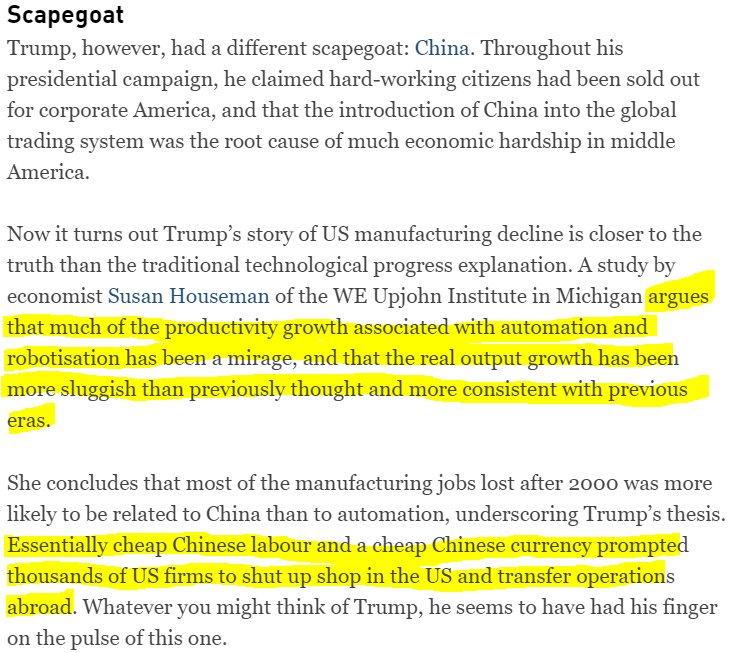The petitioner is a regular guest on television shows where anchors give him free rein to express his views on economic policies without (3/n)
If policy rates were reduced to 6% as proposed in the SCP petition, (5/n)
Keep Current with Javed
This Thread may be Removed Anytime!
Twitter may remove this content at anytime, convert it as a PDF, save and print for later use!

1) Follow Thread Reader App on Twitter so you can easily mention us!
2) Go to a Twitter thread (series of Tweets by the same owner) and mention us with a keyword "unroll"
@threadreaderapp unroll
You can practice here first or read more on our help page!















